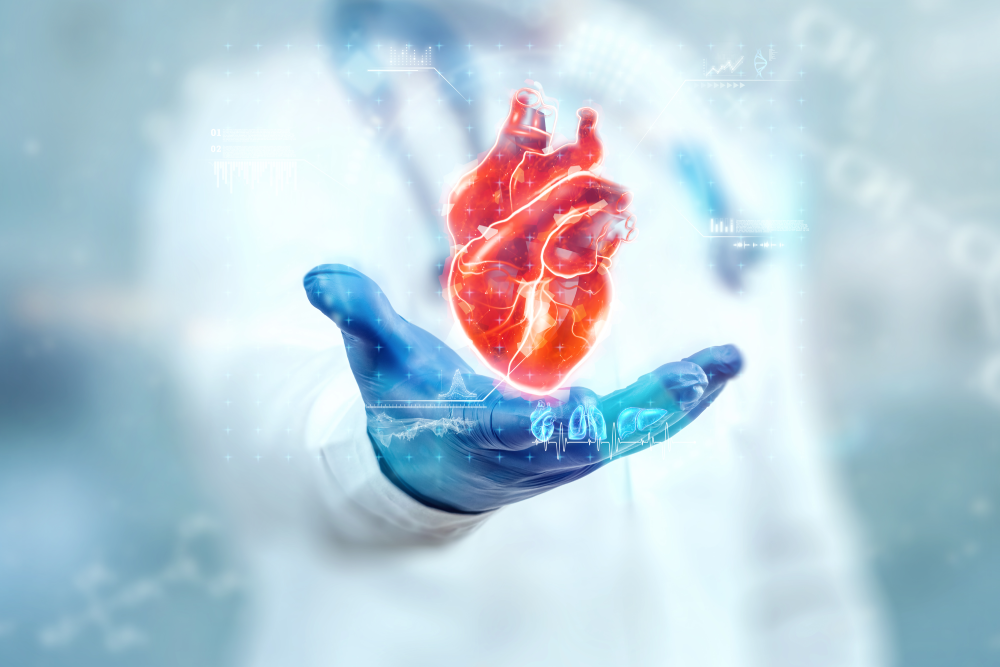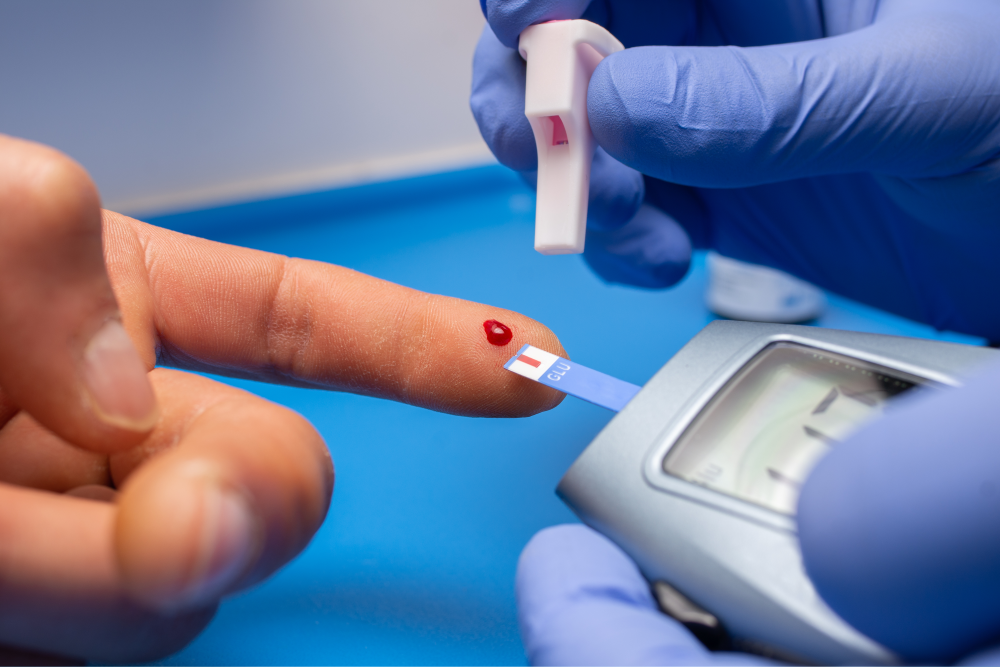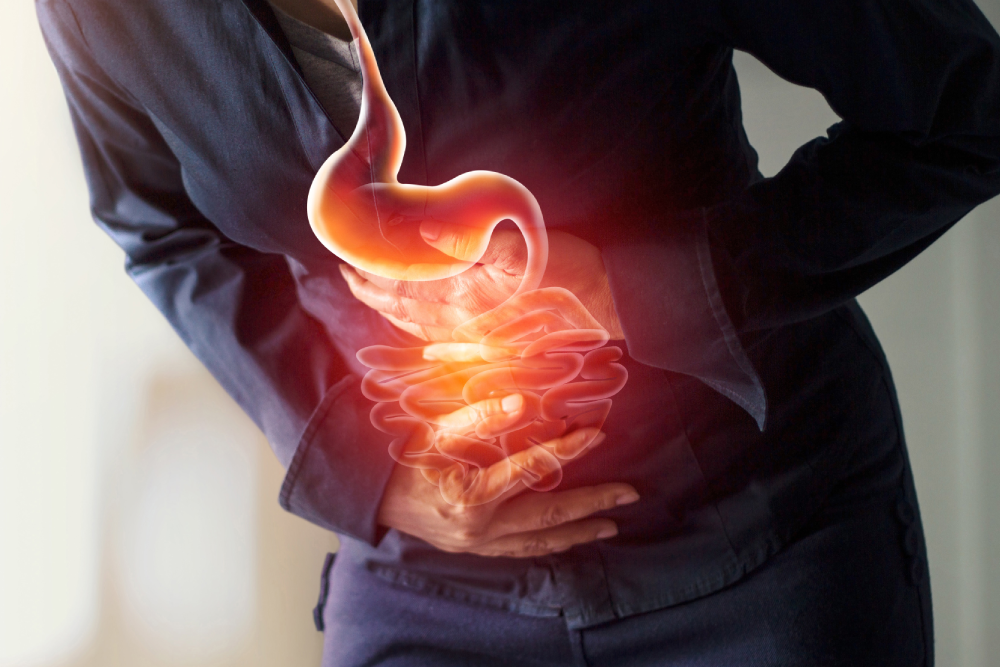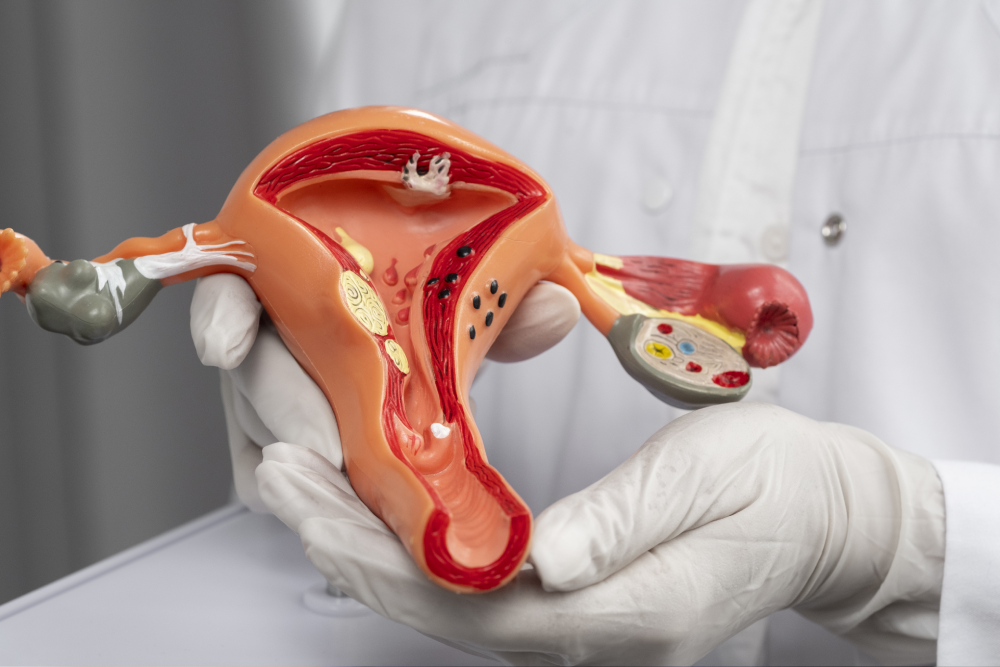CT Scan
- Home
- Facilities
- CT Scan

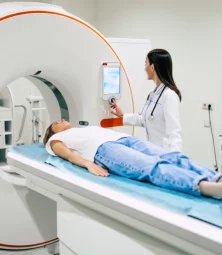

Best Hospital for CT Scan in Coimbatore
What is CT scan?
CT, or CAT scans, are special X-ray tests that produce cross-sectional images of the body using X-rays and a computer. CT scans are also referred to as computerized axial tomography.
CT has revolutionized medicine because it allows doctors to see diseases that, in the past, could often only be found at surgery or at autopsy. CT is noninvasive, safe, and well-tolerated. It provides a highly detailed look at many different parts of the body. We provide imaging services for CT Scan Brain, CT Scan Abdomen, CT Scan Pelvis, CT Scan Knee, CT Scan Shoulder, CT Scan Spine, CT Scan Neck, CT Scan Hand, CT Scan Wrist, CT Scan Leg, CT Scan Hip and many more.
Unlike an MRI scan, which uses a magnetic field and radio waves, a CT scan uses ionizing radiation. This means that the procedure exposes you to a small amount of radiation. However, the amount is generally safe and the diagnostic benefits of a CT scan far outweigh the small potential risk associated with radiation exposure.
How is the test performed ?
During a CT scan, the person lies very still on a table. The table slowly passes through the center of a large x-ray machine. The person might hear whirring sounds during the procedure. People may be asked to hold their breath at times, to prevent blurring of the pictures.
Often, a contrast agent, or “dye,” may be given by mouth, injected into a vein, given by enema, or given in all three ways before the CT scan is done.
The contrast dye can highlight specific areas inside the body, resulting in a clearer picture (Please inform the Radiologist or Technologist if you have any allergies especially to medications or iodine or if you have any history of diabetes, asthma, kidney problems, etc. as such conditions indicate a higher reaction to the contrast material).
Most scans take about half an hour.
On the day of the test
-
Please wear comfortable clothing while coming for the test.
-
Metal objects can affect the image so avoid clothing with zippers and snaps. Please do not bring valuables such as jewellery.
-
You may be asked not to eat or drink anything for four hours before the exam.
-
Any possibility of pregnancy should be brought to the notice of the doctor.
-
Please bring any old scans, if you have, for the comparative study with the previous one(s).
-
Your test is performed by a registered technician.
-
The images will be interpreted by a board-certified radiologist.
-
You may be asked to change into a hospital gown.
-
A CT technologist will introduce herself/himself to you, explain the test you are having, and answer your questions.
-
If your radiographers know you are nervous, they will take extra care in making sure you are comfortable and understand what is going on. Keeping your eyes closed sometimes helps.

Book an Appointment
Lorem ipsum dolor sit amet, consectetur adipiscing elit. Ut elit tellus, luctus nec ullamcorper mattis, pulvinar dapibus leo.
After the test
You will be able to resume your usual activities. Date and time for the collection of the report shall be communicated to you. Your physician will discuss the test results with you.
Are there any risks associated with the test?
The amount of radiation a person receives during a CAT scan is minimal. In men and non-pregnant women, it has not been shown to produce any adverse effects. If a woman is pregnant, there may be a potential risk to the foetus, especially in the first trimester of the pregnancy.
Rarely, someone has an allergic reaction to the contrast injection. The reaction most often starts with weakness, sweating and difficulty in breathing. It is possible to react to any injection in this way, and the doctors and radiographers will know what to do if you do have this type of reaction.
Specific Instructions
Before a CT scan, there are certain instructions you need to follow:
-
Fasting: You may need to fast for a few hours before a CT scan, particularly if a contrast material is going to be used. Your doctor will provide specific instructions based on your particular circumstances.
-
Allergies: If you're allergic to contrast materials, iodine, or seafood, inform your doctor, as these allergies may increase your risk of having a reaction to the contrast dye used in some CT scans.
-
Medications: Tell your doctor about any medications you're taking, as you might need to adjust your regular medication schedule. This includes both prescription and over-the-counter medications.
-
Metal objects: You will need to remove any metal objects, like jewellery or glasses, as these can interfere with the CT images.
-
Pregnancy: If you are pregnant or believe you could be, inform your doctor. Although the radiation from a CT scan is unlikely to harm an unborn baby, your doctor may recommend another type of exam, such as an ultrasound or MRI, to reduce the potential risk.
FAQs
The process of getting a CT scan is simple and painless. You’ll lie on a narrow table that slides into the center of the CT scanner. The machine will then rotate around you, capturing images from various angles. The images are sent to a computer, where they are combined to create cross-sectional pictures of your body.
CT scans play a critical role in diagnosing various health conditions. They can help detect different types of cancer, cardiovascular disease, infectious disease, trauma, and musculoskeletal disorders. They’re also useful in guiding certain types of surgery and therapy.
Yes, there are different types of CT scans. These include the standard CT scan, a CT angiogram, which looks at the blood vessels, and a PET/CT scan, which is often used to detect cancer.
Your doctor will advise you to get a CT scan if they need detailed images of your body to diagnose a condition, guide a treatment, or monitor the progress of a disease.
The frequency of CT scans depends on your health condition. Some people might need multiple scans over time to monitor the progress of a treatment or disease, while others might only need a single scan to diagnose a condition.
Most people can have a CT scan. However, certain individuals, such as those who are pregnant or those with a severe allergy to contrast materials, might need to avoid or take precautions when having a CT scan. Always inform your doctor of your full medical history before scheduling a CT scan.
Patient movement, obesity, and incorrect positioning can affect the quality of a CT scan. Additionally, the presence of metal in the body can cause artifacts on the images.
Before a CT scan, you should inform your doctor if you have kidney problems, diabetes, or a history of allergic reactions, especially to contrast materials. It’s also important to remove all metal objects, as they can interfere with the scan.
The doctor you should consult will depend on the area of your body that was scanned and the suspected condition. For example, if a CT scan of your chest shows abnormalities, you may need to see a pulmonologist.
Yes, CT scans are often used to detect various types of cancer. They can provide detailed images of many types of tissue, including the lungs, colon, and pancreas.
Preparation for a CT scan depends on which part of your body is being scanned. You may be asked to remove your clothes and wear a hospital gown and to remove any metal objects. If your scan requires a contrast dye, you might need to fast for several hours beforehand.
A CT scan typically takes between 5 and 30 minutes, depending on the area of the body being scanned.
The main risk associated with a CT scan is exposure to a small amount of radiation. However, the risk is generally considered to be low compared to the benefits of the procedure. In rare cases, people may have an allergic reaction to the contrast dye.
Yes, children can have CT scans. However, because they’re more sensitive to radiation, doctors typically use the lowest dose of radiation possible or consider other imaging methods like MRI or ultrasound.
Unlike an MRI, a CT scan doesn’t use a magnetic field, so it doesn’t affect medical devices or implants. However, certain devices or implants might cause artifacts on the images, so it’s important to let your doctor know about any implants or devices you have.
While the radiation from a CT scan is unlikely to harm an unborn baby, your doctor may suggest another type of imaging exam, such as an ultrasound or MRI, to reduce any potential risks.



